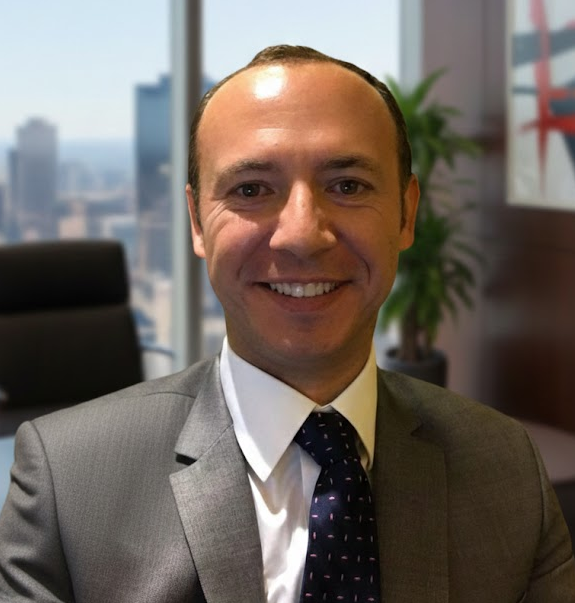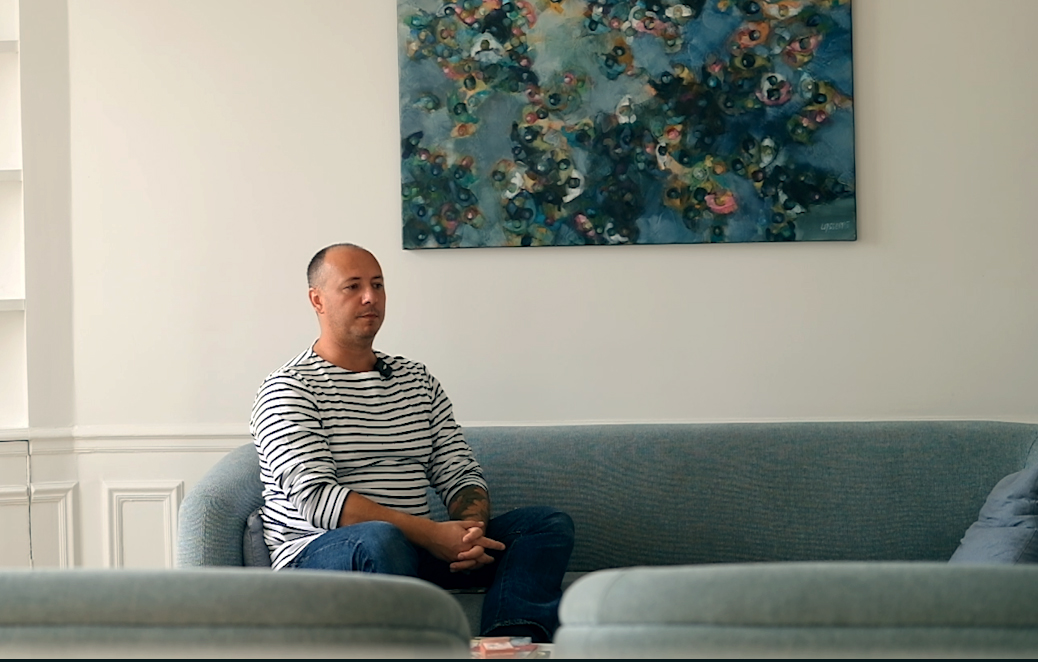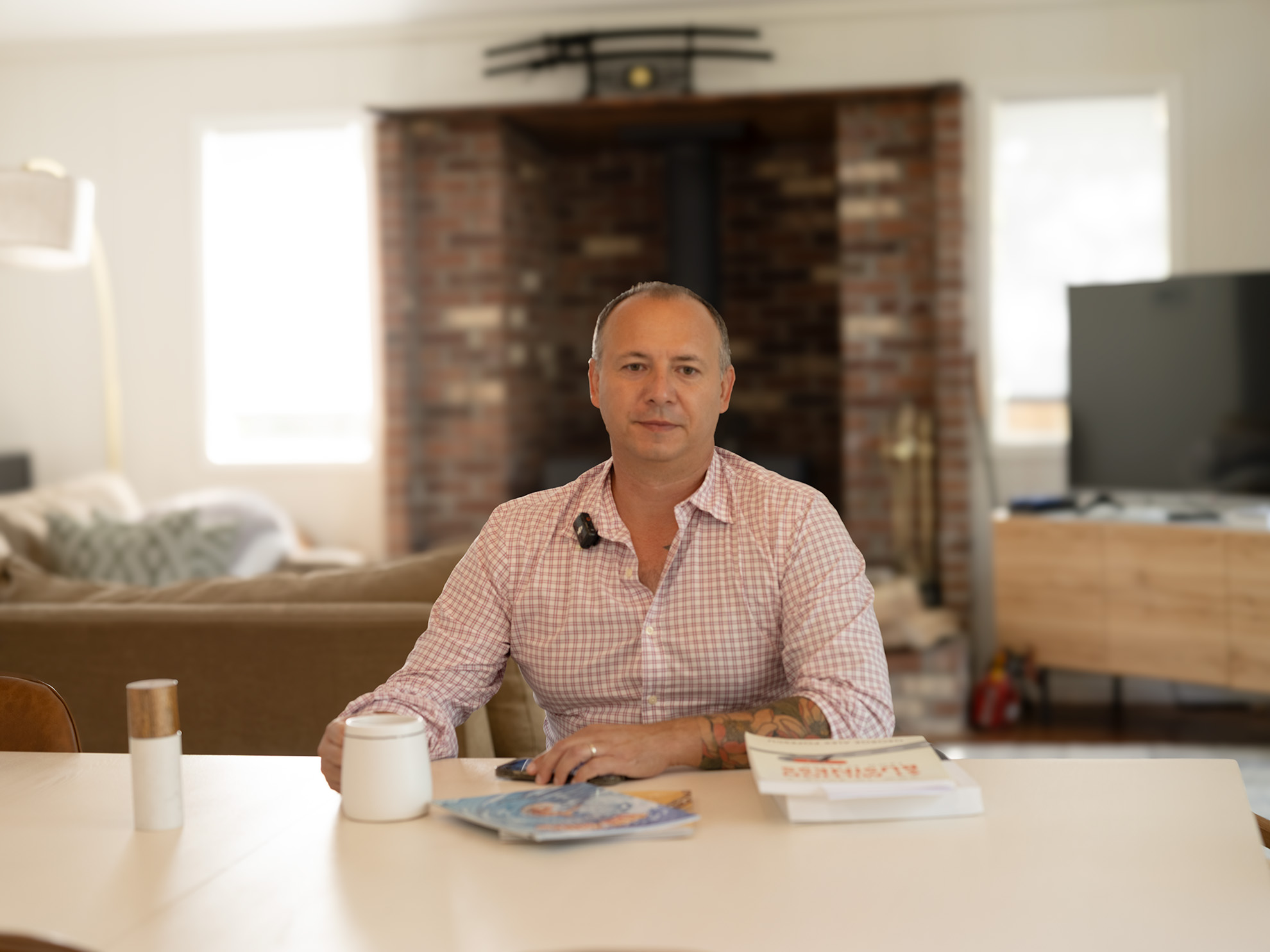In a world saturated with AI hype and startup buzzwords, George Popescu stands out as a rare voice of clarity. As a multi-exit entrepreneur, fashion photographer, and critical thinker on technology’s future, his work spans multiple domains while maintaining a consistent thread: skepticism of hype, focus on execution, and belief in embodied intelligence over pure software.
This comprehensive guide explores George Popescu’s multifaceted world through his five dedicated platforms, each offering unique insights into different aspects of his work and thinking.
Cutting Through the AI Bubble: A Reality Check
While tech leaders tout trillion-dollar valuations and ever-larger language models, George Popescu AI presents a refreshingly sober perspective on artificial intelligence. The site tackles a critical question that few in Silicon Valley dare to ask: is the current AI boom sustainable, or are we witnessing another tech bubble destined to burst?
George’s central thesis challenges the conventional wisdom: today’s AI excels as a human-computer interface but falls short of genuine intelligence or creativity. Rather than treating large language models as oracles, he views them as powerful tools with clear limitations. His perspective separates signal from noise in the AI conversation, focusing on measurable outcomes instead of marketing slogans.
The site explores three interconnected themes that define his AI thinking. First, there’s the recognition that AI works best as an interface layer, useful for specific tasks but not magical or all-knowing. Second, he examines the structural risks of the AI investment bubble, from overvalued companies to speculative data center buildouts that may not generate proportional returns. Third, and perhaps most importantly, he argues that real breakthroughs will come from embodied AI and humanoid robots that interact with the physical world, not just from bigger chatbots processing more text.
This forward-looking optimism about robotics connects directly to his next area of focus.
The Future Is Physical: Humanoid Robotics and Real-World Problems
Where many see AI as the end game, George sees it as a stepping stone. Popescu Robotics dives deep into his reflections on humanoid robots, home automation, and the crucial difference between computer-friendly problems and messy real-world challenges.
Drawing from his Paris reflection, a foundational essay that appears across his platforms, George introduces a powerful framework: the distinction between well-defined and not-well-defined problems. Computers dominate the first category with tasks like calculation, data processing, and pattern recognition. But the second category remains largely unsolved.
Consider folding laundry. It sounds simple, but every piece comes in different shapes, sizes, materials, and conditions. There’s no precise algorithm that works every time. This is where humanoid robots equipped with advanced machine vision and adaptive AI could create real value. These physical challenges require dexterity, perception, and real-time decision-making in unpredictable environments—capabilities that text-generating models simply don’t possess.
His robotics thinking emphasizes practical household tasks and human-scale problems. While others chase grand visions of artificial general intelligence, George focuses on robots that can handle irregular objects, work in changing conditions, and tackle the tedious, not-well-defined tasks that everyone needs done but nobody wants to do.
The site features memorable quotes from his Paris reflection that crystallize his thinking: “Today’s AI is like a trained dog or a trained monkey. It can imitate and fetch the ball, but it does not invent a new game.” This perspective grounds his robotics enthusiasm in reality while maintaining optimism about genuine progress in embodied intelligence.
Hard-Won Lessons: Building, Bootstrapping, and Breaking Through
Technology is one lens through which George views the world. Entrepreneurship is another. George Popescu Insights collects his personal lessons from decades of company building, from bootstrapping his first ventures to navigating multiple exits and market cycles.
The site centers on three core themes that emerge repeatedly in his writing and talks. First, there’s his emphasis on building from zero—using first customers to fund product development instead of immediately seeking venture capital. His experience with Boston Technologies exemplifies this approach: bootstrapping from no capital to over twenty million dollars in revenue by delivering value to early customers who paid the bills while he built the technology.
Second, George focuses on choosing the right problems. He gravitates toward challenges that seem impossible but have genuine market demand. These are often messy, not-well-defined problems where creative problem-solving and deep understanding of constraints can give a small team an advantage over larger, better-funded competitors. The best businesses, he argues, often live in spaces where most people assume it can’t be done.
Third, the site explores his thinking on cycles, crises, and learning. Hard moments force reorganization, and if handled well, crises become the starting point for your next achievement. This mindset—treating failure as education rather than ending—appears throughout his work and reflects his broader philosophy about entrepreneurship in unstable times.
The Insights platform serves as a bridge between his technology thinking and his practical experience building real companies. It contextualizes his views on AI, robotics, and blockchain within the framework of actual business challenges: choosing markets, managing capital, dealing with regulation, and maintaining momentum through inevitable setbacks.
His quotes capture this hard-earned wisdom: “If you are interested in entrepreneurship, you should at least try to build a company. It is okay to fail. The worst outcome is that you learn.” This encouraging yet realistic perspective runs counter to cultures that punish failed founders, and George explicitly connects such punishment to why some societies slowly lose their entrepreneurs and momentum.
A Portfolio Built on Execution: Photography, Fintech, and Everything Between
While insights and philosophy matter, execution defines a career. George Popescu Projects showcases the tangible results of decades of building across multiple industries.
Currently, George operates as a fashion and editorial photographer, producing over forty magazine covers per year from his studio in NoHo, New York. This creative work represents his latest chapter, but the portfolio reveals a remarkable diversity of ventures across fintech, e-commerce, blockchain, media, and real estate.
Boston Technologies stands as a cornerstone achievement. George founded and bootstrapped this FX trading technology company from zero, growing it to over twenty million in revenue and earning multiple placements on the Inc. 500/5000 list before exiting in 2014. The company provided market-making and high-frequency trading infrastructure for foreign exchange, precious metals, and CFDs—technically complex, highly competitive markets where execution quality determined success.
His e-commerce venture Brooklyn Textiles demonstrated speed and scale. Founded during the PPE shortage, the company reached sixty million dollars in annualized revenue within six months through a fully online model, supplying protective equipment at scale before George exited in 2021.
The Lampix project showcased his willingness to explore emerging technologies. As co-founder and CEO of this tabletop augmented reality company, George led the team to win “Best AR/VR Startup” at SXSW and raised significant capital to build the PIX platform—a decentralized human-in-the-loop system for image sourcing, labeling, and detection.
Beyond these headline ventures, his portfolio includes media companies (Lending Times and Blockchain Times), venture partnerships (LunaCap Ventures), advisory roles for over thirty early-stage companies, and ongoing investments in real estate and private fixed income.
The Projects site makes clear that George doesn’t theorize from the sidelines. His views on AI hype, embodied intelligence, and entrepreneurship emerge from someone who has built technology companies, navigated exits, adapted to market shifts, and continues executing across multiple domains.
The Journey Behind the Ideas: From Romania to New York Studios
Understanding where someone’s ideas come from requires understanding where they came from. George Popescu Biography traces the journey from Romania to MIT, from bootstrapping his first company to building a photography portfolio in New York.
The biography emphasizes key turning points that shaped his worldview. His early experiences in Romania created a stark contrast between rigid systems and personal initiative—a contrast that informs most of his later decisions about entrepreneurship, risk-taking, and the importance of stable rules for long-term building.
His academic background spans engineering and management at leading institutions including MIT and prominent French universities. This scientific foundation, combined with hands-on company building, gives him a unique lens for evaluating technology claims. He can assess both the technical substance and the business reality, which proves invaluable when separating genuine innovation from marketing hype.
The biography articulates several principles that have remained constant across George’s varied projects. Execution trumps theory—ideas are cheap, shipping matters. Stability and trust enable long-term risk-taking; without predictable rules, entrepreneurs hesitate to commit years of effort. Small teams with real ownership outperform endless layers of stakeholders. And technology claims must be grounded in concrete, well-understood tasks rather than drifting into buzzwords.
His oft-quoted maxim captures this philosophy: “Say what you’re going to do. Do what you said you’re going to do. And do it on time and on budget.” Simple principles, rigorously applied.
The Biography site also connects his current work in photography and writing back to the same core themes: attention to detail, patience, and telling the truth about what things actually cost. Whether building trading technology, evaluating AI companies, or composing a photograph, the underlying approach remains consistent.
The Through Line: Why These Five Sites Matter Together
Taken individually, each platform offers valuable perspectives. Together, they present a comprehensive worldview from someone who has thought deeply about technology, tested ideas in real markets, and developed hard-won principles about what actually works.
George Popescu AI challenges our assumptions about artificial intelligence at a moment when such challenges are desperately needed. Popescu Robotics redirects attention from software hype toward physical systems that could solve genuine problems. George Popescu Insights shares entrepreneurial lessons that apply whether you’re building in fintech, robotics, or any other field. George Popescu Projects demonstrates that these aren’t just theories—they’re principles applied across multiple successful ventures. And George Popescu Biography provides the context that explains where these ideas emerged and why they’ve remained consistent.
In an era of instant expertise and superficial takes, George Popescu’s work stands out for its depth, consistency, and grounding in actual experience. His skepticism about AI hype doesn’t come from luddism but from understanding what computers can and can’t do. His optimism about humanoid robotics isn’t naive enthusiasm but recognition of where real value creation might occur. His entrepreneurial advice isn’t generic motivation but specific lessons from decades in the arena.
Whether you’re interested in AI’s future, thinking about starting a company, evaluating technology investments, or simply want a more nuanced perspective on where innovation actually happens, these five platforms offer a valuable counterpoint to the prevailing narratives.
For those seeking clear thinking in an age of hype, George Popescu’s body of work provides exactly that: evidence-based analysis, hard-won wisdom, and a vision for where technology might create genuine progress rather than just generating headlines and inflated valuations.
Start with whichever platform resonates most with your current interests, but explore them all. The real value emerges from seeing how his thinking connects across domains—from the limitations of large language models to the promise of embodied intelligence, from bootstrapping your first company to maintaining principles through multiple market cycles. This is thinking built on experience, tested by reality, and offered to those willing to look beyond the hype.



